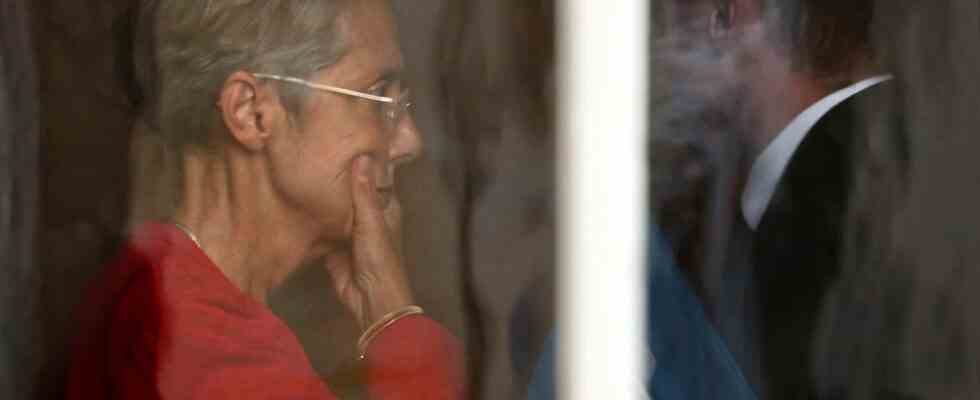Elisabeth Borne will deliver her general policy statement on Wednesday July 5, first in the Assembly, then in the Senate. Traditionally, this speech is followed by a vote of confidence. But the Prime Minister leaves doubt on this subject. In Decree appeared in the Official Journal, which convenes the parliament for this extraordinary session, no mention of this vote is made. The head of the executive all the same specified that “no decision” has yet been taken.
For the opposition, there is no question to ask. “The Prime Minister must submit to a vote of confidence”, said Adrien Quatennens. As for Jean-Luc Mélenchon, he specified: “The Prime Minister must appear before the National Assembly, present an action program and solicit the confidence of the Assembly. But is she really obliged to submit to it? 20 minutes make the point.
FAKE OFF
The Constitution clearly evokes this famous vote of confidence. Section 49 indicates: “The Prime Minister, after deliberation by the Council of Ministers, engages the responsibility of the Government before the National Assembly on its program or possibly on a declaration of general policy”. Then section 50 : “When the National Assembly adopts a motion of censure or when it disapproves of the program or a declaration of general policy of the Government, the Prime Minister must submit to the President of the Republic the resignation of the Government. »
Usually, the vote of confidence goes smoothly. But this year it’s different. LREM did not obtain an absolute majority in the Assembly. Thus, if the opposition deputies, who are therefore in the majority, choose not to place their trust in the government, the latter is required to resign. The exercise is therefore risky, hence the hesitation of Elisabeth Borne.
But in reality, despite the existence of these two articles, nothing obliges the Prime Minister to submit to this ballot. The convening decree for this Wednesday, July 5 that we mentioned above indicates that the meeting will take place “in application of section 50-1 of the Constitution. This specifies: “Before one or other of the assemblies, the Government may, on its own initiative or at the request of a parliamentary group within the meaning of article 51-1, make, on a subject determined, a declaration which gives rise to debate and may, if he so decides, be the subject of a vote without incurring his liability. »
It is rather a matter of tradition and political communication. Not being ready to submit to the vote of the MPs speaks volumes about the confidence that the MPs place in this government. It has, moreover, already happened that prime ministers do not engage the government’s responsibility: Maurice Couve de Murville in 1968, Michel Rocard in 1988, Edith Cresson in 1991 and Pierre Bérégovoy in 1992, the latter three in the context of a relative majority in the Assembly.
On the occasion of this vote of confidence, the Assembly has never overthrown a government. But it happened that the results were tight. The three Chirac governments, formed between 1986 and 1987, were thus only approved by 7, 12 and 13 votes. Only George Pompidou had to resign in October 1962. But it was a motion of censure and not a vote of confidence. General de Gaulle, President of the Republic, had then dissolved the National Assembly.

